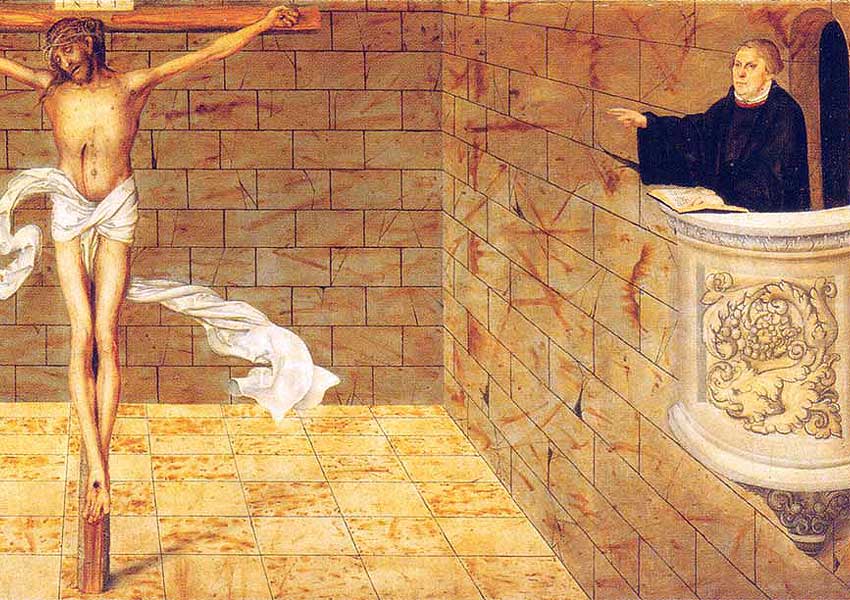There's hundreds of threads on these forums about predestination. People asking questions, leaning this way or that, talking about "predestination vs free will", etc.
There's nothing really wrong with discussions about predestination, but predestination is not really the important thing to talk about.
Regeneration is.
The reason Calvinists believe in predestination is because they believe in:
monergistic regeneration
If you want to study predestination and settle your mind about it, study regeneration instead.
Study the difference between monergistic and synergistic regeneration. It will give you a more full understanding of predestination. Talking about predestination with no mention of regeneration is a bit like talking about addition/subtraction with no mention of the numbers themselves. Sure, you can understand the concept of addition/subtraction without actual numbers, but the context would be lost on you.
The reason Calvinists believe in predestination is because (aside from seeing it taught in the Bible) it's the only thing that makes sense if regeneration is monergistic.
synergistic regeneration
If people are responsible for changing their own hearts or have some part to play in their own heart-change from saying "No" and rejecting the gospel/Christ, to saying "Yes" to the gospel/Christ, then regeneration is synergistic (the result of effort from both God (who offered salvation) and you (who wised up and accepted the offer)), then predestination was not necessarily settled by God in eternity past and therefore your fate is/was determined by your free will.
Monergistic regeneration
But if the bible teaches that regeneration is monergistic, that means God alone is the cause of our conversion, our heart-change. It means God alone is to be credited for when a person says "no" to Christ, but then suddenly says "yes" to Christ. It means God alone is to be credited for when a person who is unwilling to repent and believe, suddenly becomes willing to repent and believe. If God alone is responsible for this free gift of grace, that means somewhere, in eternity past, God decided who to do this to. Bob but not John. Jason but not Jimmy. It means God somewhere in the past decided to save some people by grace but leave others (justly) in their sins.
So the question is, do you take some of the credit for your willingness to repent and believe? Or do you give God all the credit for the reason you did what your unbelieving neighbor won't do?
If you're a person who is new to entertaining these topics and studying them to try to figure out the truth, stop studying predestination and study regeneration instead.
There's nothing really wrong with discussions about predestination, but predestination is not really the important thing to talk about.
Regeneration is.
The reason Calvinists believe in predestination is because they believe in:
monergistic regeneration
If you want to study predestination and settle your mind about it, study regeneration instead.
Study the difference between monergistic and synergistic regeneration. It will give you a more full understanding of predestination. Talking about predestination with no mention of regeneration is a bit like talking about addition/subtraction with no mention of the numbers themselves. Sure, you can understand the concept of addition/subtraction without actual numbers, but the context would be lost on you.
The reason Calvinists believe in predestination is because (aside from seeing it taught in the Bible) it's the only thing that makes sense if regeneration is monergistic.
synergistic regeneration
If people are responsible for changing their own hearts or have some part to play in their own heart-change from saying "No" and rejecting the gospel/Christ, to saying "Yes" to the gospel/Christ, then regeneration is synergistic (the result of effort from both God (who offered salvation) and you (who wised up and accepted the offer)), then predestination was not necessarily settled by God in eternity past and therefore your fate is/was determined by your free will.
Monergistic regeneration
But if the bible teaches that regeneration is monergistic, that means God alone is the cause of our conversion, our heart-change. It means God alone is to be credited for when a person says "no" to Christ, but then suddenly says "yes" to Christ. It means God alone is to be credited for when a person who is unwilling to repent and believe, suddenly becomes willing to repent and believe. If God alone is responsible for this free gift of grace, that means somewhere, in eternity past, God decided who to do this to. Bob but not John. Jason but not Jimmy. It means God somewhere in the past decided to save some people by grace but leave others (justly) in their sins.
So the question is, do you take some of the credit for your willingness to repent and believe? Or do you give God all the credit for the reason you did what your unbelieving neighbor won't do?
If you're a person who is new to entertaining these topics and studying them to try to figure out the truth, stop studying predestination and study regeneration instead.


